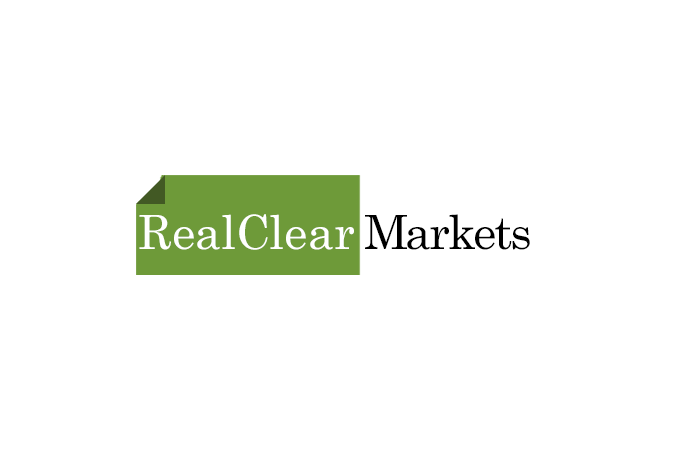BY SENATOR BLANCHE LINCOLN
This column first appeared in the RealClearMarkets:
Washington’s movement away from an increase in our country’s corporate tax rate is a welcome development for struggling employers of all sizes across America – particularly the 1.4 million small businesses that faced the prospect of paying a higher rate. Amid rightful concerns about what such a proposal would mean for businesses’ ability to bounce back, any funding mechanisms for important priorities included in the Build Back Better plan must reflect the reality that a higher corporate rate would be the wrong approach at the worst time.
Indeed, the consequences of a corporate rate hike – which, per a slew of analyses on the subject, include ‘massive job loss,’ lower wages, higher retail prices, negative effects on U.S. business investments, and the return of inversions – would only compound COVID’s economic wreckage, mounting inflationary pressures, and supply chain disruptions. In my home state of Arkansas, for instance, a higher corporate rate would mean higher tax bills for 7,335 companies that have fewer than 500 employees, not to mention the impacts on larger employers in my state.
Such acute impacts aren’t merely unacceptable, they are also the byproduct of a push that’s totally inconsistent with a global context where “nine of the largest and most advanced economies [have] reduced their corporate tax” rates in recent years. Meanwhile, American companies already pay a combined corporate rate, inclusive of state and local taxes, of more than 25 percent. Europe’s average corporate tax rate, by contrast, was 19.99 percent last year, and OECD countries pay an average rate of 23.4 percent. Any increase in the U.S. rate would put us even further behind global competitors, including China, whose tax ceiling drops down to as low as 10 and 15 percent for certain industries the country is targeting in order to bolster China’s supply chain dominance. As the budget process moves forward, it is critical for legislators to keep this landscape in mind and ensure that any funding mechanism keeps America competitive in the global marketplace.
Here at home, the American people recognize the harm of a rate increase as our nation recovers from historic economic and public health crises. In fact according to a recent poll, Americans oppose tax hikes “as the US comes out of the coronavirus pandemic and economic problems it caused” by an overwhelming 80-20 margin. Among those opposed include Greg Hertz of Polson, Montana, a state lawmaker who has been in the grocery business for decades. As Greg cautions, “raising corporate income taxes just isn’t impacting large multinational corporations, it’s impacting small business owners like myself.” Local companies like Jojo’s Jerky “might not make it” if “Washington raises our taxes,” adds Hans Hippert of Las Vegas, Nevada. And “staying competitive by keeping taxes low” helps businesses like the Gilbert, Arizona-based Bushtex “continue to grow, create jobs, and increase wages,” per president and CEO Adelaida Severson.
These stories, merely a few of the many shared with the RATE Coalition in recent weeks, underscore why the OECD has long considered corporate taxes to be “the most harmful type of tax for economic growth.” It is also worth noting the economic wins generated by 2017’s corporate rate reduction. The achievement of a globally competitive corporate tax rate contributed to a climate in which our country’s unemployment rate consistently remained below 4 percent, the economy created more than 100,000 private sector jobs each month, nominal wage growth was at or above 3 percent growth for nearly two straight years, and actual GDP was roughly $300 billion higher than the CBO’s 2017 projection by the end of 2019. Median household income increased by $4,900 in the first two years following the corporate rate reduction, while “wealth for the bottom 50 percent of households advanced three times as fast as for the top 1 percent.” Further, Treasury Department data recently revealed that, despite the economic downturn, “tax receipts are skyrocketing… jumping last year by 18 percent, or $626 billion.” Corporate payments “led the way, leaping 75 percent to $372 billion, easily exceeding where they were” prior to the foregoing rate cut.
It is therefore encouraging to see policymakers shift their focus away from a tax rate responsible for helping generate such meaningful statistics; from squeezing those who have been hit hardest to ensuring those who can afford to pay more do pay more. The absence of a corporate rate hike in the proposal before Congress is positive news for the prospect of America’s economic comeback. And as the legislative process moves forward, this critical approach must be preserved. The strength and speed of our recovery depend on it. When U.S. businesses do better, our workers do better, communities do better and the economy does better.

